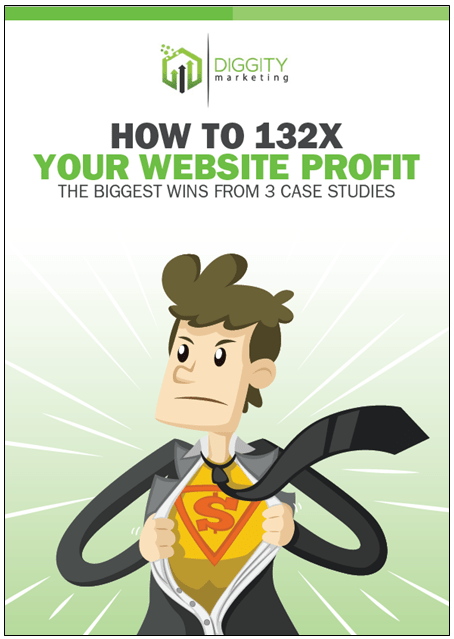There’s no dodging the elephant in the room. These are tough times. Take a deep breath and remember: things are scary, but working online puts you in a great position to survive. If you want to thrive, here’s a roundup of the items from the last 30 days that you can’t miss.
First, pick up some extra insights from the month’s case studies. You’ll learn what the latest numbers say about page sentiment and why it matters. You’ll also get to see how much internal linking alone can do for SEO, and review the latest COVID-19 industry impact research.
Then, expand your skills with new guides. You’ll learn what role content auditing plays in a 6-figure website sale, plus the hidden ranking factor you may be deleting. Then, you’ll get 28 SEO pro’s opinions on the best ways to build links.
Our news and analysis items will get you up-to-date on the big Amazon affiliate commission cuts, plus other coronavirus projections for SEO. You’ll learn what consumer polls reveal about what SEO services are valuable, and why Google’s results were so volatile last month.
Let’s begin with what ~20,000 pages worth of data tells us about page sentiment.
We Analyzed 17,500 Pages’ Sentiment with NLP. Here’s What We Learned
https://surferseo.com/blog/sentiment-analysis-seo/
Michał Suski of Surfer takes a deep dive into a signal that he insists will be really important in the coming years: sentiment.
Crawlers read sentiment by looking for terms that suggest an opinion (such as great/wonderful/beautiful for positive, or weak/boring/ugly for negative). But what happens when they read it? Does a certain sentiment do better or worse? The research seems to say so.
Of the nearly 20,000 pages that were tested (all were top 10 pages for their terms) not even %1 were identifiable as neutral. 84% of the sites analyzed were dominated by positive results. In fact, 57.6% of SERPs reviewed had only positive-sentiment content in the top 10 positions.
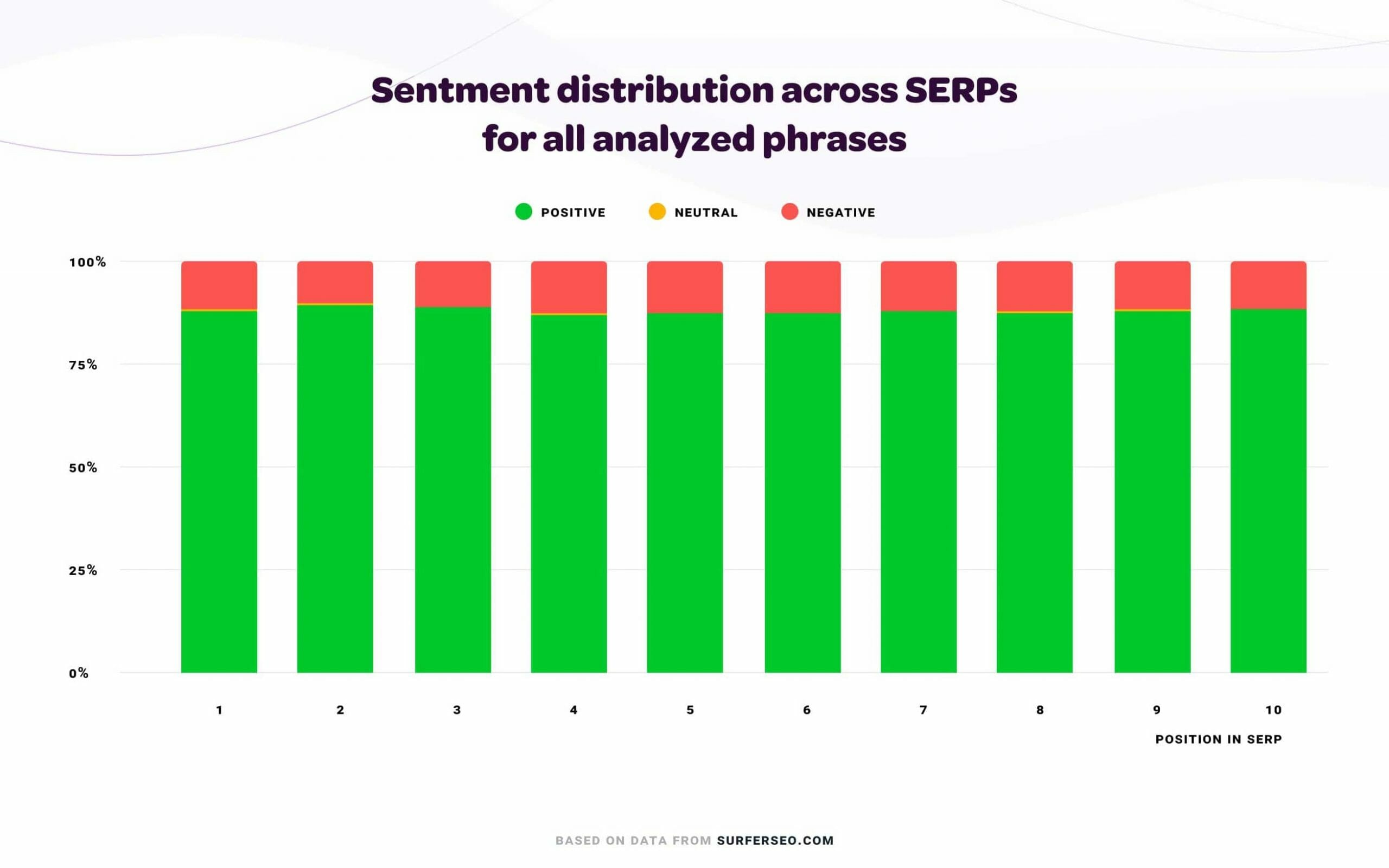
This may be a bit of a self-fulfilling prophecy. After all, most sites in top spots worked hard to get there so they could sell products. That doesn’t work as a strategy if you can’t be positive about your niche.
That said, positive content is such an overwhelming preference of searchers that it may be worth working that preference into your strategy.
Now that you have some ideas for content, let’s look at what the next case study says about your links. The author claims that you can improve your rank using only internal links.
Internal Link Building Case Study: How much can Google Rankings improve with only Internal Links Added?
https://www.nichepursuits.com/internal-links-case-study/
Good internal linking has long been considered an SEO fundamental, but few SEOs would risk saying to a client outright that it could make pages rank. This case study, though, seems to be suggesting that exactly.
While only a single site was tested, that site experienced no other changes except for 108 internal links that were seeded across 47 pages.
In a little over two months, 77% of the pages that had internal links added improved in rank. Another 15% stayed the same, and under 10% of pages experienced any decreased rank. The improved rank led to increased traffic for several pages during the experiment.
Without knowing much about the site, it’s hard to say that everyone could expect these kinds of results. However, the process for trying it on your own sites is laid out very clearly. If the time is worth it to you, this strategy might be good for some minor bumps across the board.
How COVID-19 Has Impacted Google Ads Results for 21 Industries [Data]
https://www.wordstream.com/blog/ws/2020/03/18/covid-19-google-ads-data
By now, it’s clear that COVID-19 is going to have a long-term global impact. That’s likely to mean a lot of changes for the SEO industry. This is one of the first case studies that look at the short-term impact and what it’s going to mean tomorrow and into the next month.
Overall, clicks and conversions are down. Conversions, in general, have dropped by a fifth. This probably comes down to consumers who are nervous about making any less-than-necessary purchases.
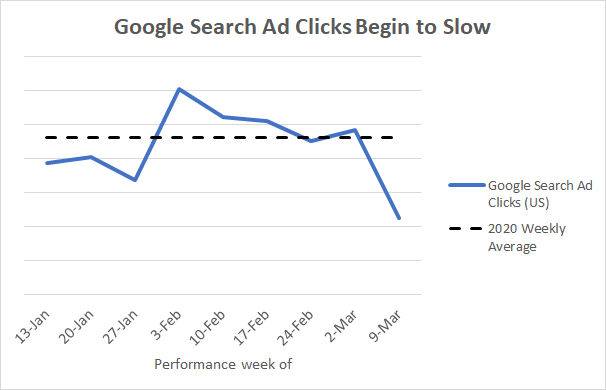
Source : https://www.wordstream.com/
But there is some rare good news. There are some industries that have seen improved performance.
- Nonprofits and charities
- Health and medical
- Business management
- Finance
- Beauty and personal care
- On-demand media
Most of these niches are positioned to help us with our new reality. On-demand media, for example, is in much higher demand because everyone is bored indoors. Business management is exploding as more people are working from home.
It’s not all good news, of course. Industries like travel & tourism have taken massive hits. Many bars and live entertainment venues have been shut down by government orders. It doesn’t look like this means you’ll have to give up, just transition to where the real growth industries are.
That covers the data for this month. Now, it’s time to move on to the guides for the month. In the first one, you’ll learn how a content audit played a role in a website selling for six figures.
How my Content Audit Process Secured a 6-Figure Sale of my Website
https://trafficthinktank.com/content-audit-process/
In this first guide, author Curt Storring claims that content audits put him in the position to sell a pet-niche site for a six-figure sum.
He performed two major content audits over his ownership of the site. Both were followed by periods of record growth.
His process follows these steps:
- Updating underperforming content to meet current best-practices and search intent
- Removing irrelevant and thin content
- Adding relevant supporting content
He lays out how to diagnose these problems. Correcting search intent is a major theme of these sections. Among other processes, he describes how you can use a simple Google search just to see if you and Google agree on the intent of a key phrase.
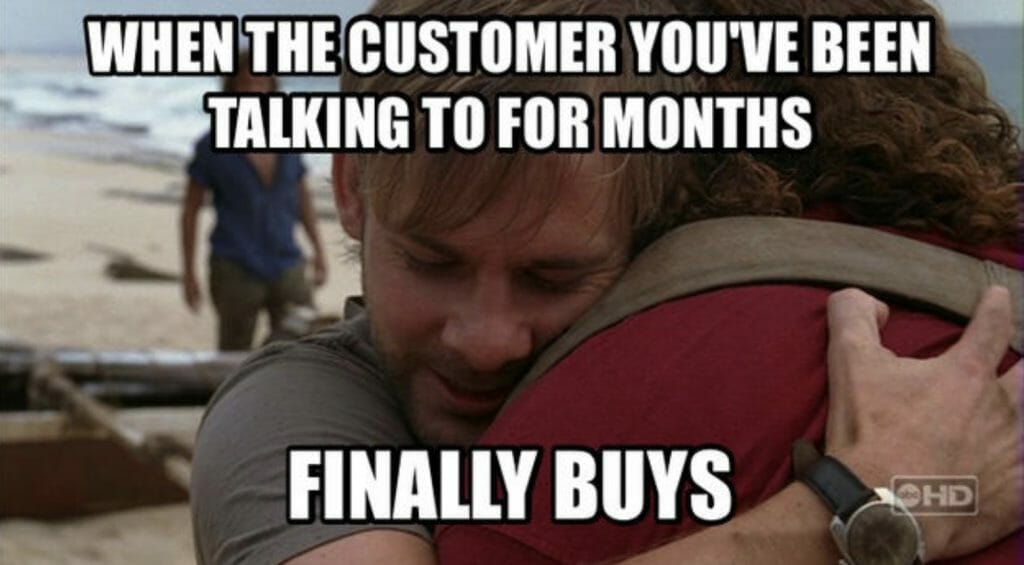
There’s also advice on how to record this info properly to make it more actionable. There’s a template available for download that will save you the work of putting together a sheet yourself.
This type of optimization covers a lot of different factors. In the next guide, you’re going to learn about one that demands very little optimization. All you have to do is stop deleting it.
The Hidden SEO Ranking Factor That You’re Probably Deleting
https://www.matthewwoodward.co.uk/seo/case-studies/image-seo/
Matthew Woodward starts this guide with insights from a past experiment. He built a series of sites to test if embedding hidden image EXIF data into images affects rankings.
The results of the tests seemed to suggest that this information does help with ranking. That presented a new problem—a lot of plugins delete this data.
WP Smush, Shortpixel and Imagify are given as three examples of plugins that strip hidden EXIF data. These plugins have the good intention of making the images more manageable, but they do so by taking out data in addition to compression.
The guide provides several solutions. First, there are instructions for finding the “preserve EXIF data” option in some of these tools. After that, you’ll find some instructions for checking this data, and a tool you can use to add data to images without them.
Now that you have some ideas to help you action changes to both your content and images, links are the next destination. But why settle for one perspective on links when you could have 28?
How To Get High-Quality Backlinks – 28 SEO Experts Share Their Tips
This Authority Builders article asked 28 top SEOs to summarize what they considered to be the best advice on building links.
A lot of influential names chimed in, including Glen Allsopp of Detailed.com, Mark Webster of Authority Hacker, and Dixon Jones.
The advice takes a lot of different paths. For example, several SEOs choose to emphasize the role of content in getting good links. They point out that building links is about building something worthy, such as a useful video, tool or another resource.
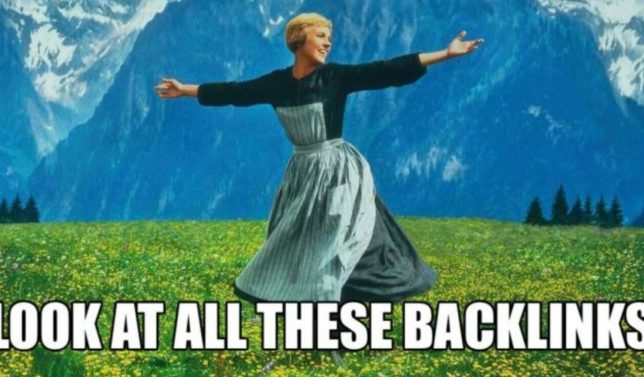
Others put more importance on how you approach sites. They led with advice on how to properly identify authoritative sites, build relationships with them that will actually lead them to read your emails, and pitch in respectful ways.
Others focused on how recent tools like HARO could accelerate your efforts. It’s worth it to review this article just to get a sense of what successful marketers agree on, or don’t.
Let’s take a look at the news from this month and where we can find hope in these times. First, Amazon’s concerning rate cuts.
Big Amazon affiliate commission rate cuts among latest program changes
https://searchengineland.com/amazon-affiliate-commission-rates-cut-332966

A wave of commission cuts are coming to Amazon on April 21st. While Amazon isn’t stating the reason for the changes, it’s likely that the strain from nationwide quarantine is playing a huge role.
The cuts are serious. As you can see in the table of examples below, rates for some major products were cut by more than half.
| Product | Old Commission | New Commission |
|---|---|---|
| Furniture, Home, Home Improvement, Lawn & Garden, Pets Products and Pantry | 8% | 3% |
| Headphones, Beauty, Musical Instruments, Business & Industrial supplies | 6% | 3% |
| Outdoors, Tools | 5.5% | 3% |
| Health & Personal Care | 5% | 1% |
Amazon also went a step farther. They stopped working with 3rd-party affiliate networks and have started working only with publishers.
If you depend on income from Amazon commissions, this may mean some serious changes for your site. Either change could have you looking for a new network.
If you need to know more about how the virus might affect your business, my video breakdown in the next section covers my biggest predictions.
Coronavirus and the SEO Industry – Will a Recession Affect your Business?
https://www.youtube.com/watch?v=ELQNt3vcMfw
This started as internal conversations that grew into an entire presentation because I felt like I had a unique perspective as someone who has worked in SEO for more than 10 years, who is now running both affiliate and client agencies.
I try to get deep into both the negative and positive implications for both affiliates and client agencies. What is there to be positive about? It’s important to understand, searches aren’t all going away—many are being diverted.
Let’s look at some of the cons you can expect. I can tell you already that my affiliate sites are down across the board. I’m expecting niches like fitness, travel and real estate (who wants to hold an open house right now?) to have some of the biggest problems.
Additionally, I think you can expect websites to stop flipping for impressive amounts. A lot of investors who enjoyed the thrill of picking up a project are probably going to flee to the safety of stocks and bonds.
There might be good news. If you were in the (already lucrative) survival prepper niche, you may be having trouble keeping things on the shelves. Other sites can also appeal to the homebound, such as home gardening.
The good news for us in particular? We’re already working from home, and we won’t need to pivot and readjust like a lot of traditional marketers are doing now. The big media groups are taking the hardest hits right now.

All in all, keep moving forward if your budget allows it. Now’s your chance to pull ahead as your competitors slip and ad costs get cheaper. I’ve got some advice on the video that could make that easier to do.
Now you know where I stand. Find out where customers stand in our next item: A survey on what increasingly-skittish customers value most.
Google My Business Optimization Considered the Most Valuable Local Marketing Service
What do customers really want when it comes to SEO services? This survey suggests that traditional on-site SEO is starting to lose its shine, especially for clients who are focused on local results.
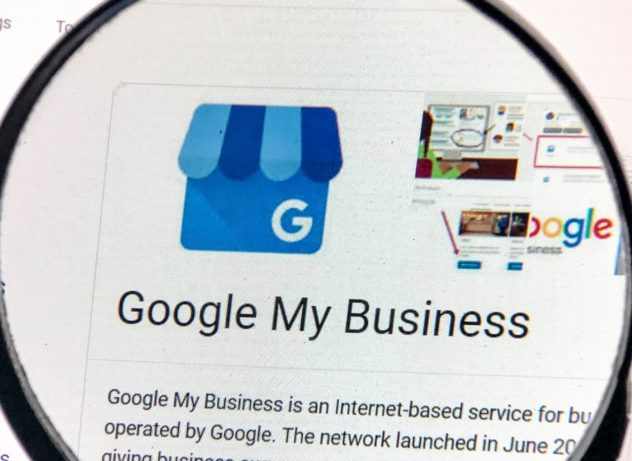
Google My Business page optimizations are increasingly seen as the most valuable service that local marketers offer. Google rankings remain the top marketing metric for businesses but entering the GMB snack pack matters more than any of the other organic spots.
The same survey also found that word-of-mouth is considered the most valuable channel overall for winning clients. It seems that service matters even after you get the product right.
Changes like these can happen slowly, but watching these trends could help you plan better for the next 10 years. In our next item, we’re going to look at some changes that we can’t explain very well. Why was Google so volatile last month?
Google Search Volatility & Fluctuations Super Unusual
https://www.seroundtable.com/google-search-volatility-fluctuations-super-weird-29235.html
Google’s odd behavior (or possibly, the odd behavior of searchers) inspired a lot of discussion over the last month. Search and traffic trends were changing suddenly all over the map.
In the discussion board conversations linked here, people struggled to explain sudden spikes and dips. Unfortunately, they weren’t able to count on their tools to get an accurate reading of whether the action was human or not.
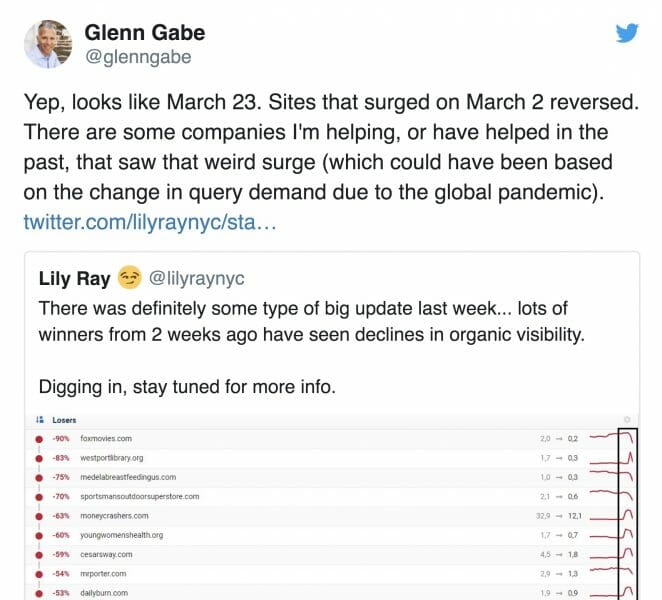
Most SEO tools weren’t up to the job. The 7 graphs that you can find in this article show various tools trying to come to grips with what they’re tracking. SEMRush recorded steep mountains of sudden hits and drops. If you were following SERPMetrics, the line briefly shot past the chart.
An unreported algorithm update has been accused, but not confirmed. If the behavior is from consumers, it should level out soon. However, there’s no telling how this crisis is going to change Google’s priorities for upcoming updates.
We may be dealing with this volatility for some time.
Got Questions or Comments?
Join the discussion here on Facebook.




